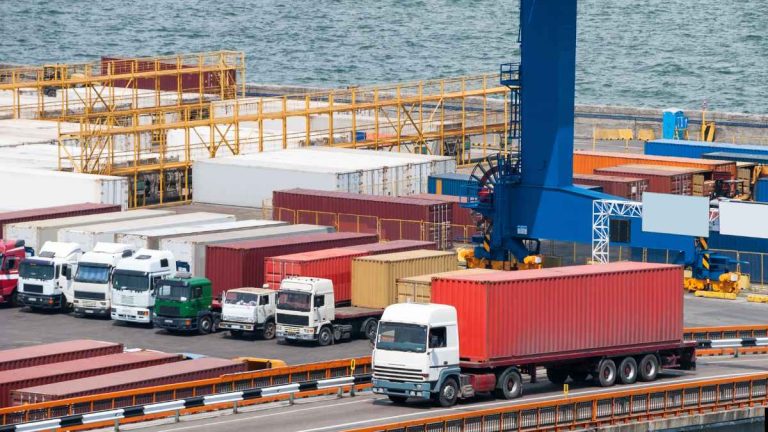The European Commission is considering a major revision to its carbon border levy, potentially exempting 80% of companies from the scheme while still maintaining its environmental impact. This move is part of the EU’s broader strategy to ease regulatory burdens on businesses without compromising its climate goals.
The Carbon Border Adjustment Mechanism (CBAM), set to take effect in 2026, will impose costs on imported goods such as steel, aluminium, and cement based on their embedded carbon emissions. However, EU Climate Commissioner Wopke Hoekstra revealed that a new analysis found that 97% of emissions covered by CBAM come from just 20% of companies. This has prompted discussions about significantly reducing the administrative burden for the remaining 80%.
Aiming for Simplicity Without Weakening Climate Policy
Speaking to the European Parliament, Hoekstra highlighted the need to streamline the system, stating that forcing thousands of smaller businesses to comply with excessive paperwork would be counterproductive.
“Would it then not be smart to leave that roughly 80% off the hook, in terms of the administrative work burden? In my view, it would,” he remarked.
The proposed change aligns with the EU’s ongoing efforts to make its industries more competitive. European businesses have raised concerns that the regulatory complexity of CBAM could hinder their global competitiveness.
Industry and Global Reactions
The carbon border levy has already sparked criticism from key trading partners, including China, South Africa, and Brazil, who argue that it disproportionately impacts developing economies. European importers are expected to pass on CBAM costs to suppliers worldwide, further complicating international trade relationships.
Under the current CBAM framework, 20,000 companies in Germany alone would be required to pay the levy, according to industry estimates. The revised proposal could ease this burden while still ensuring that major polluters remain accountable.
European Commission President Ursula von der Leyen has assured that any regulatory simplification will not weaken the EU’s climate commitments. Instead, the goal is to refine policies to be both effective and manageable for businesses.
Upcoming Policy Changes
The EU is drafting a package of sustainability policy reforms, expected to be announced later this month. Sources suggest that CBAM could be included in these adjustments. While the Commission has not officially confirmed the details, businesses and policymakers alike are keenly awaiting clarity on how these changes will be implemented.
The carbon border levy was originally designed to prevent companies from relocating operations outside the EU to avoid climate regulations. Despite the potential exemptions, Brussels maintains that CBAM will continue to ensure fair competition and support the bloc’s commitment to reducing global carbon emissions.
The outcome of this proposal will have significant implications for industries across Europe and beyond. If approved, it could set a precedent for balancing climate policies with economic practicality in an increasingly complex global trade environment.


